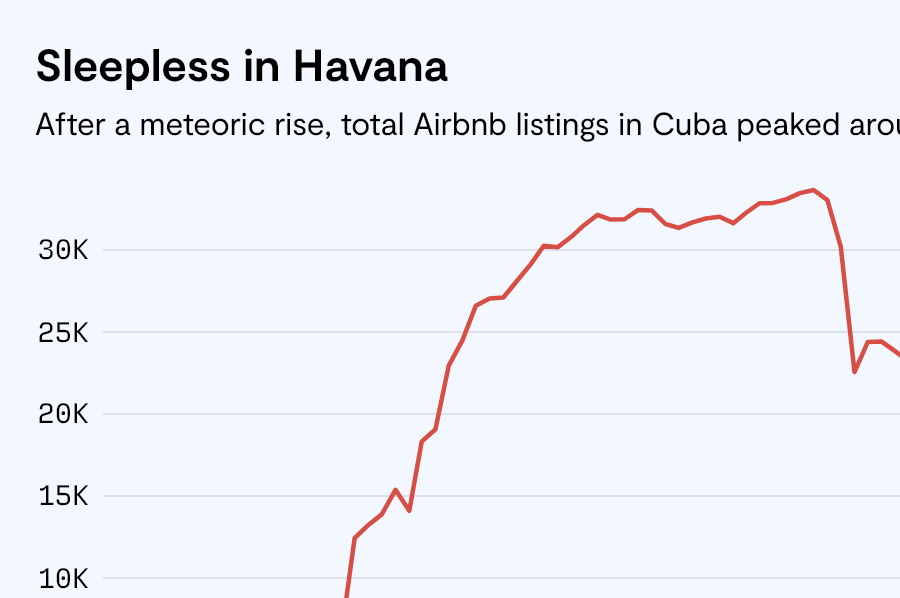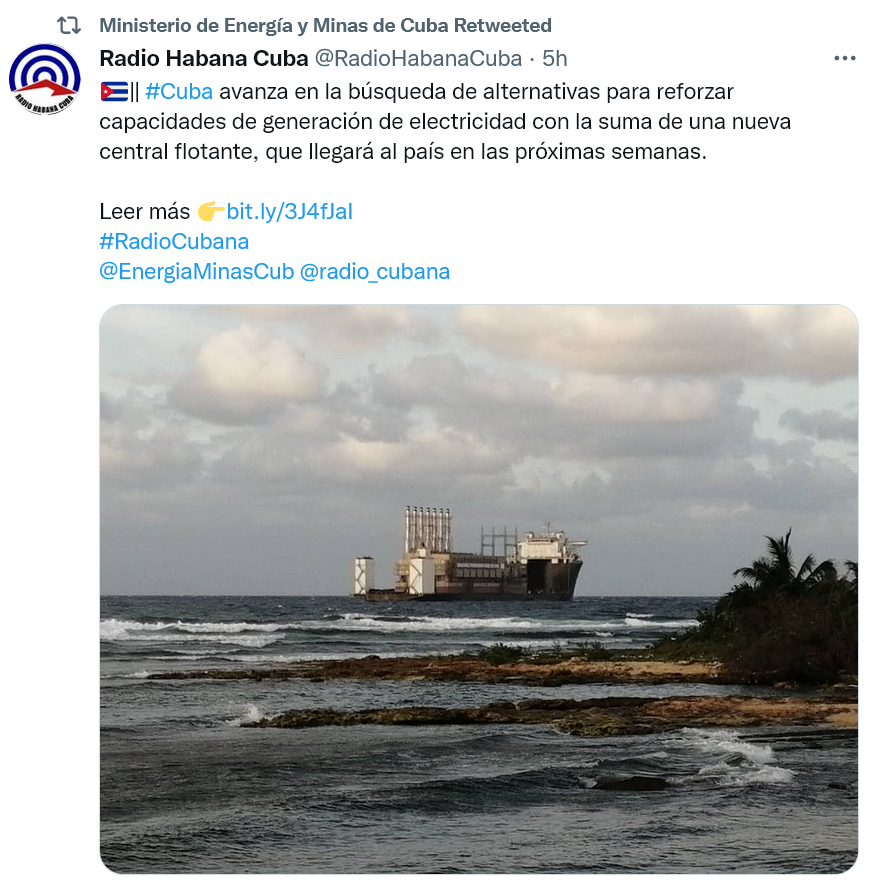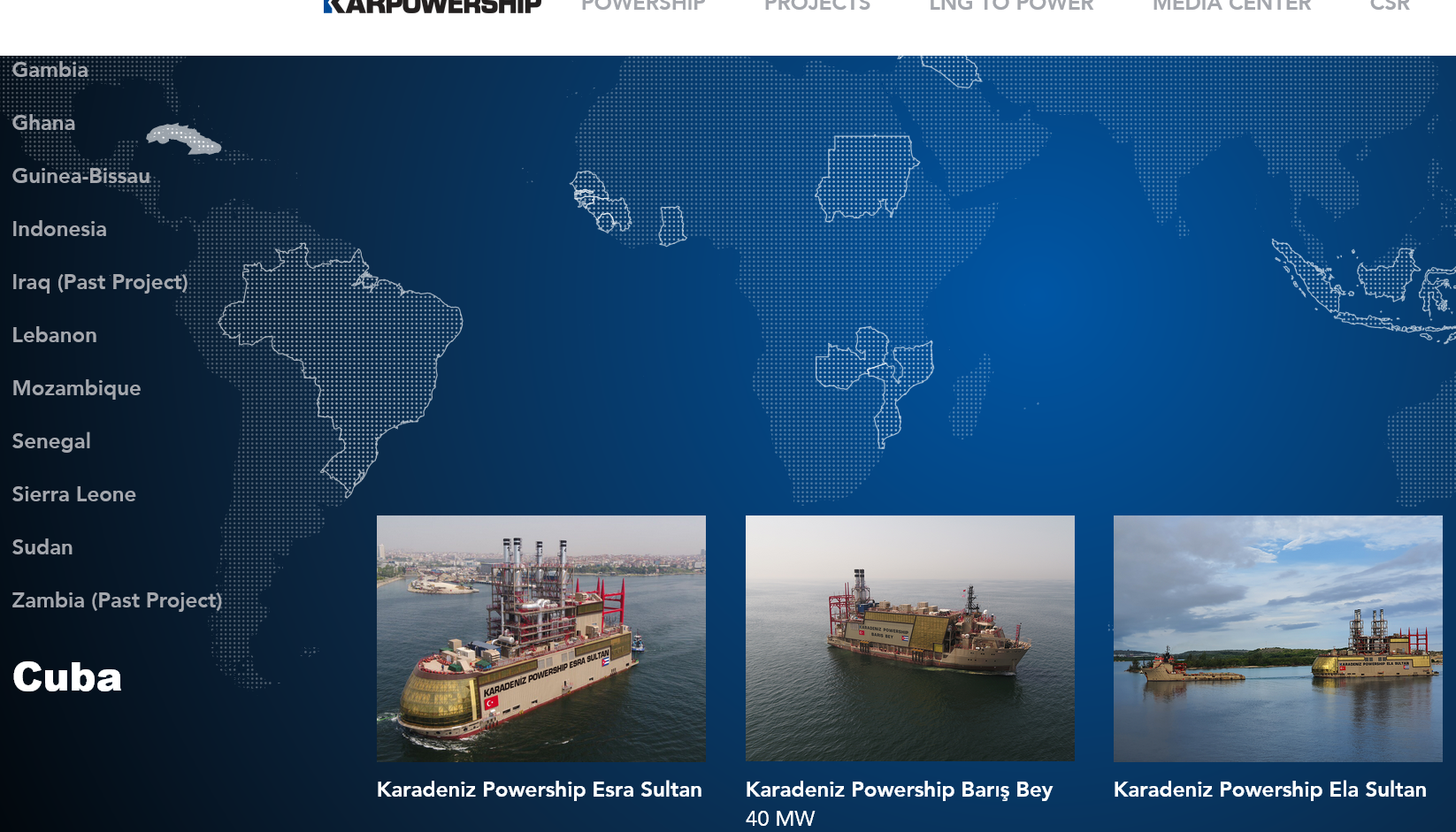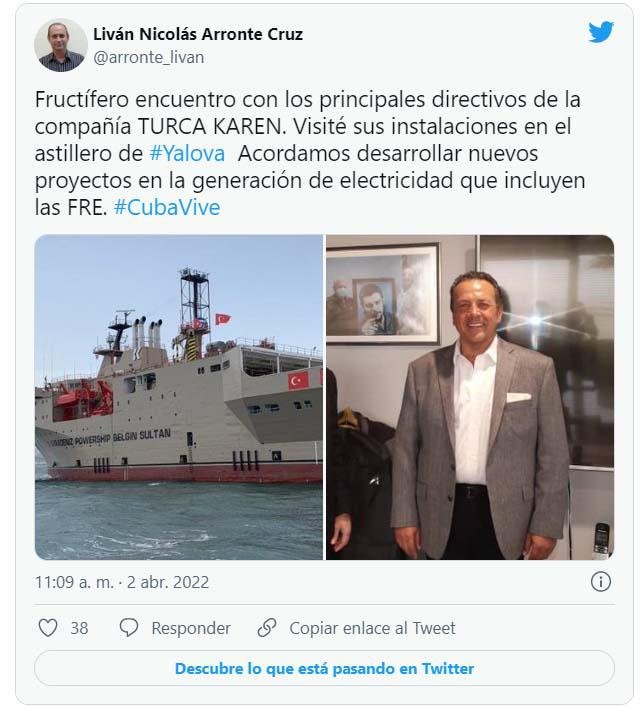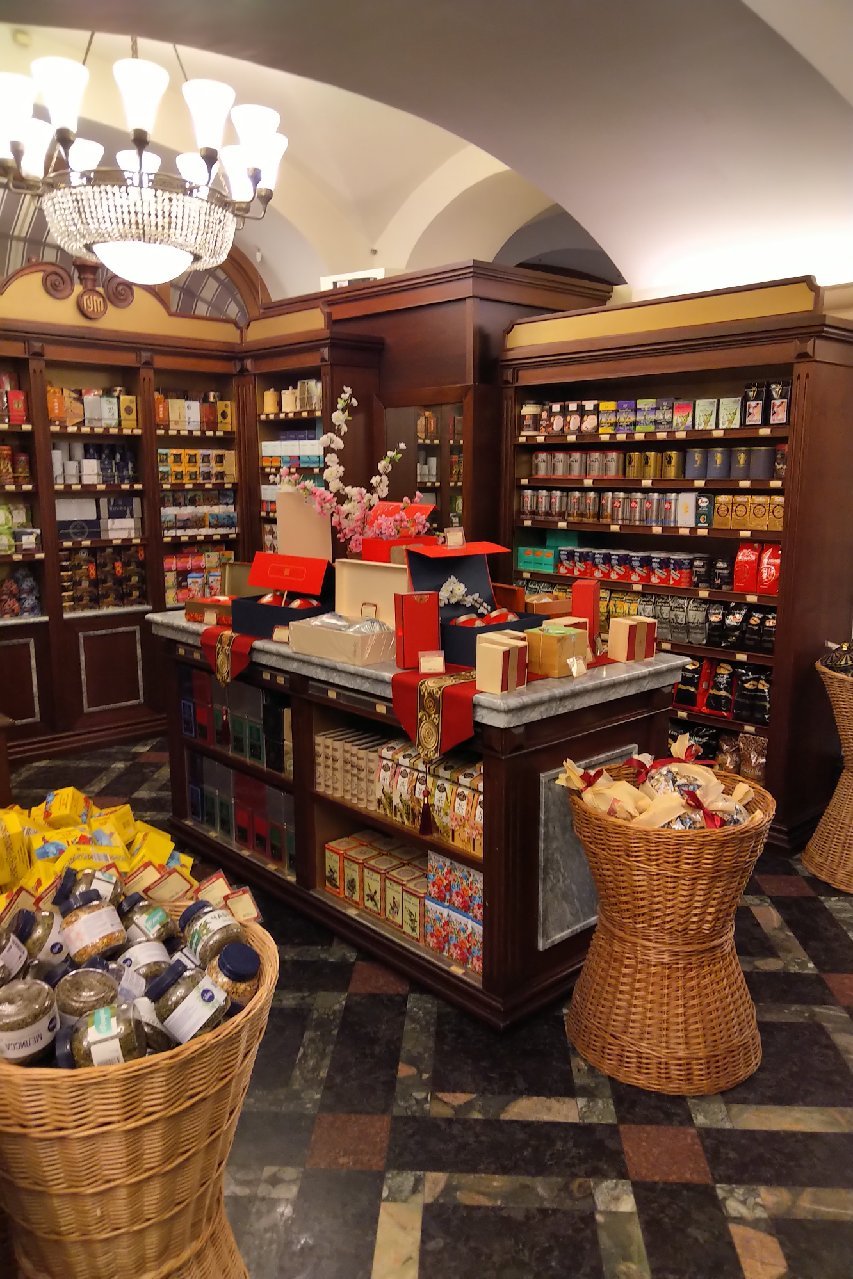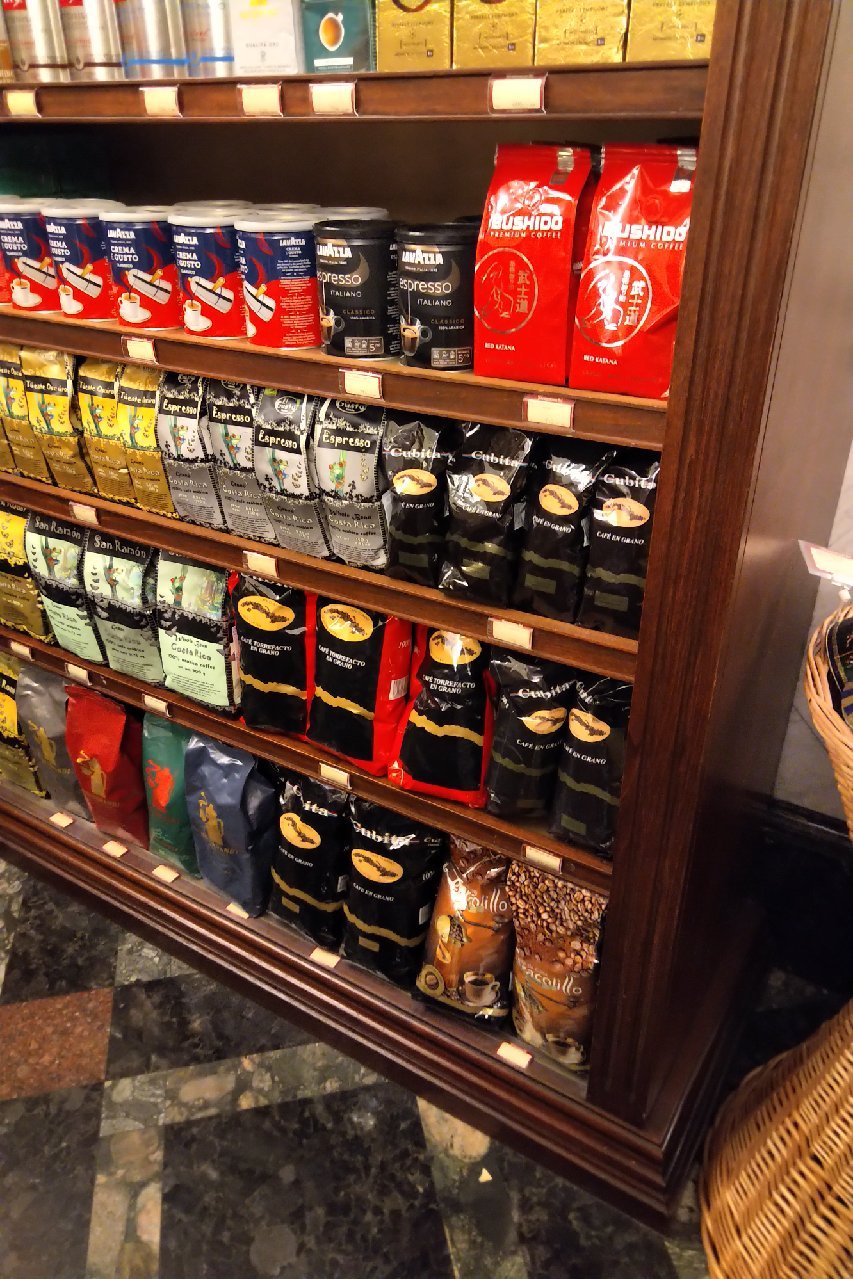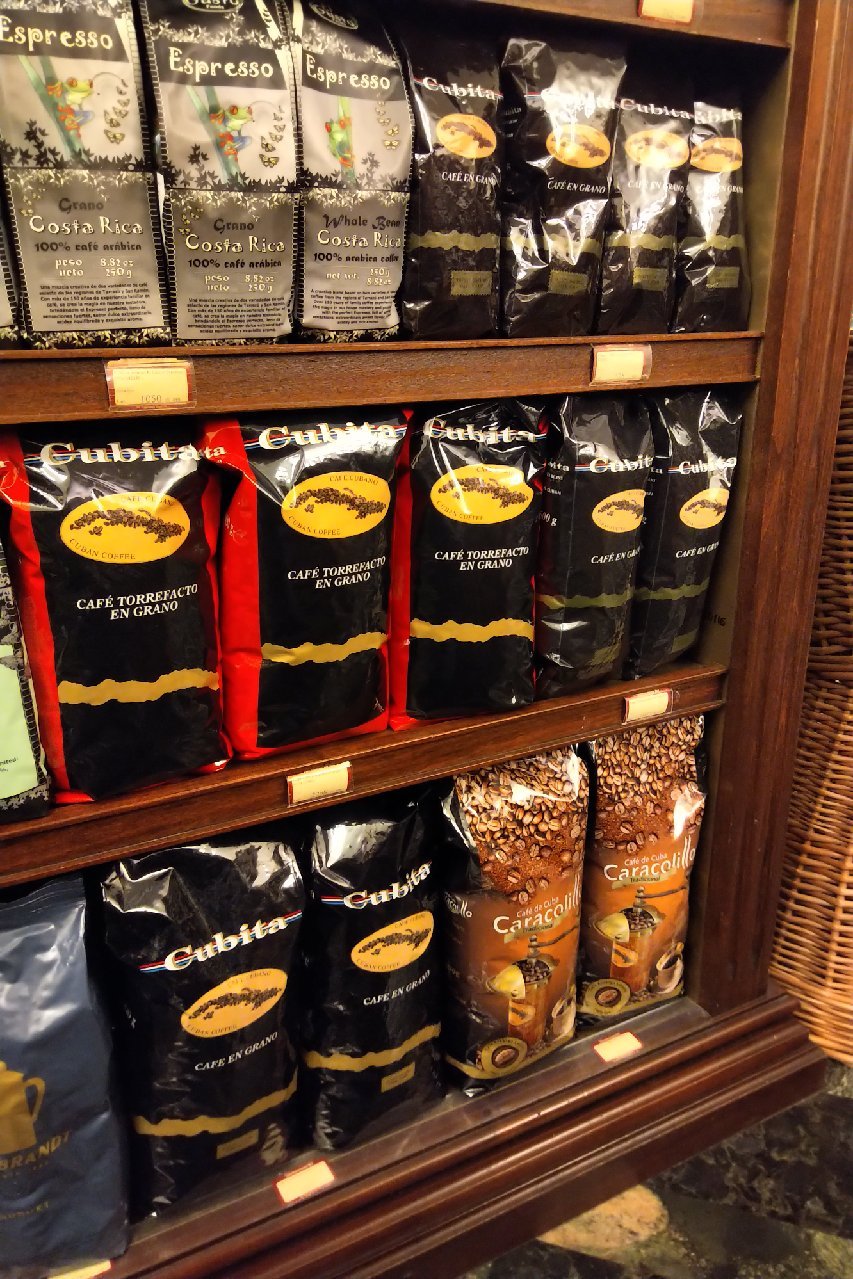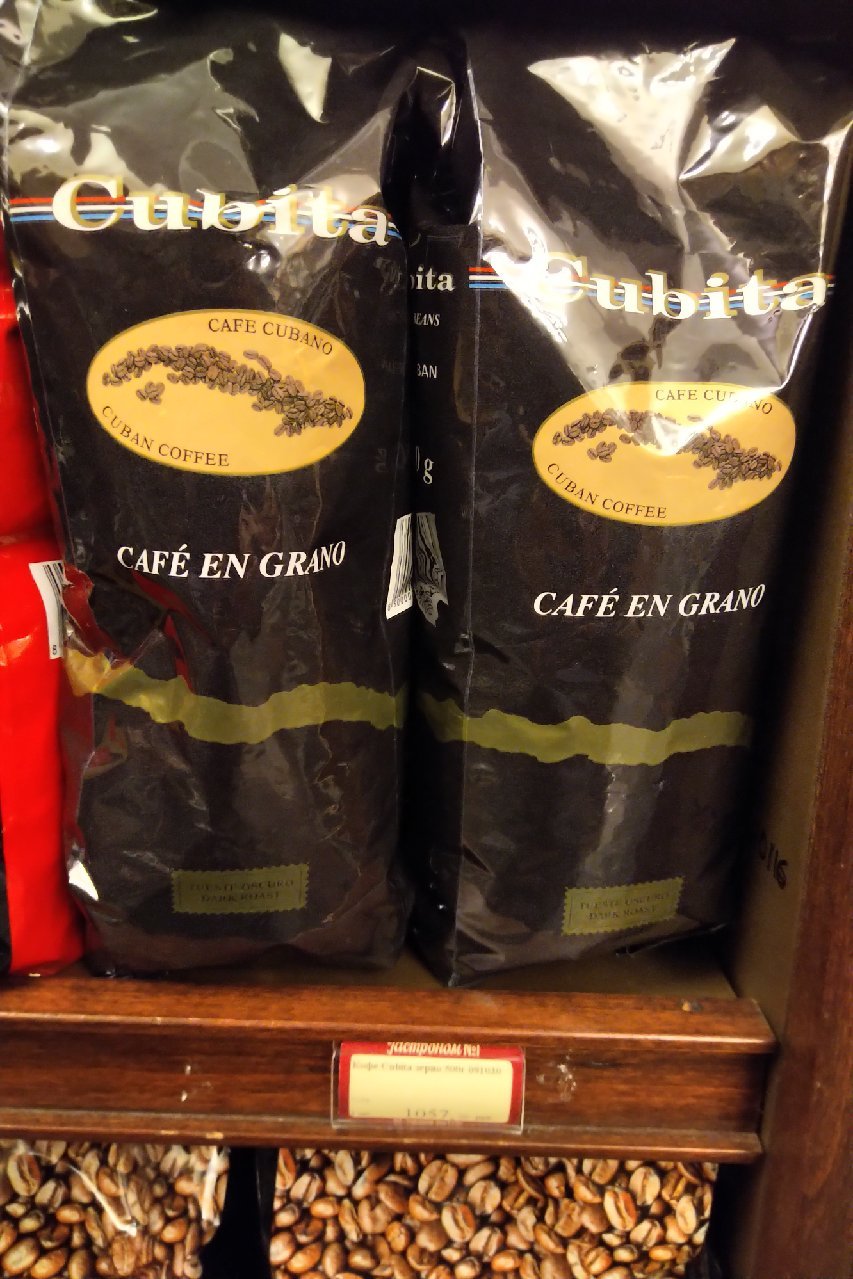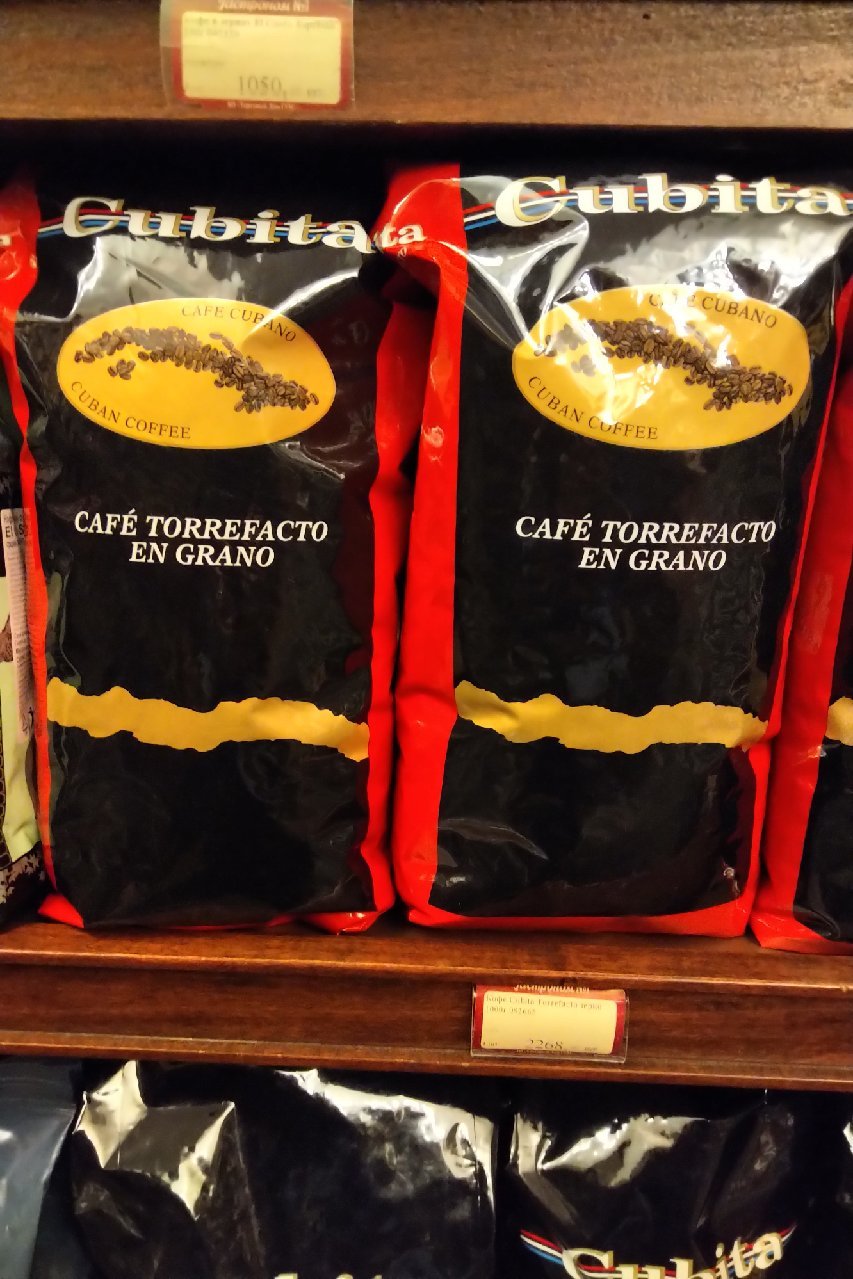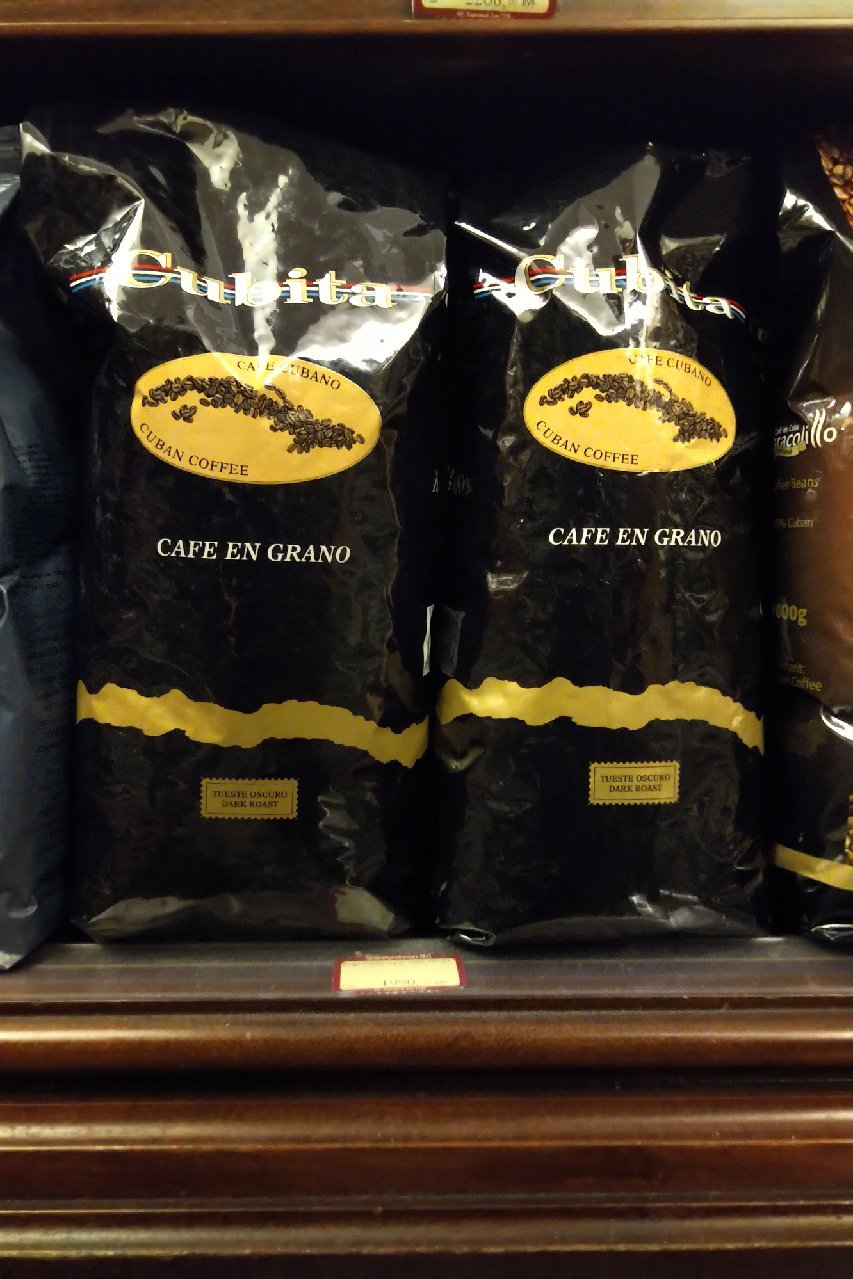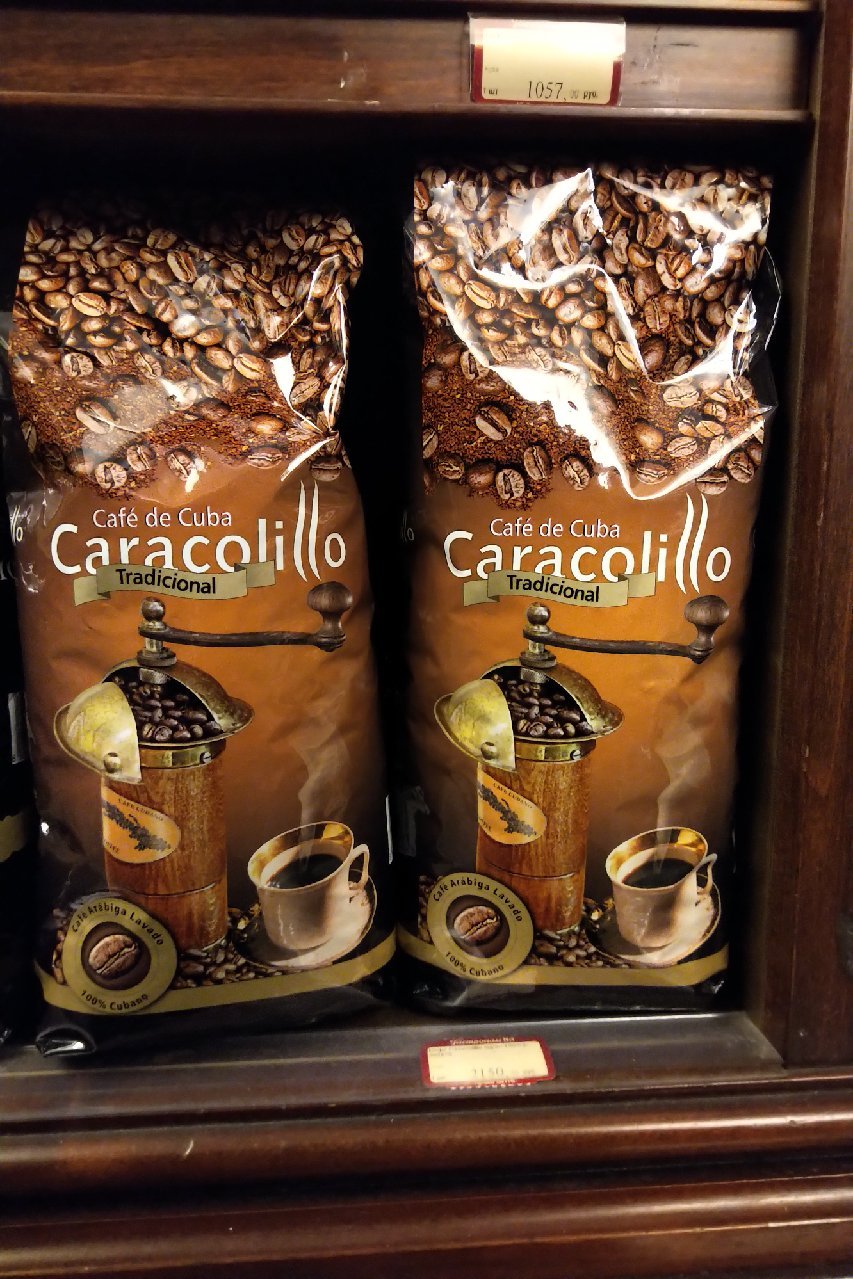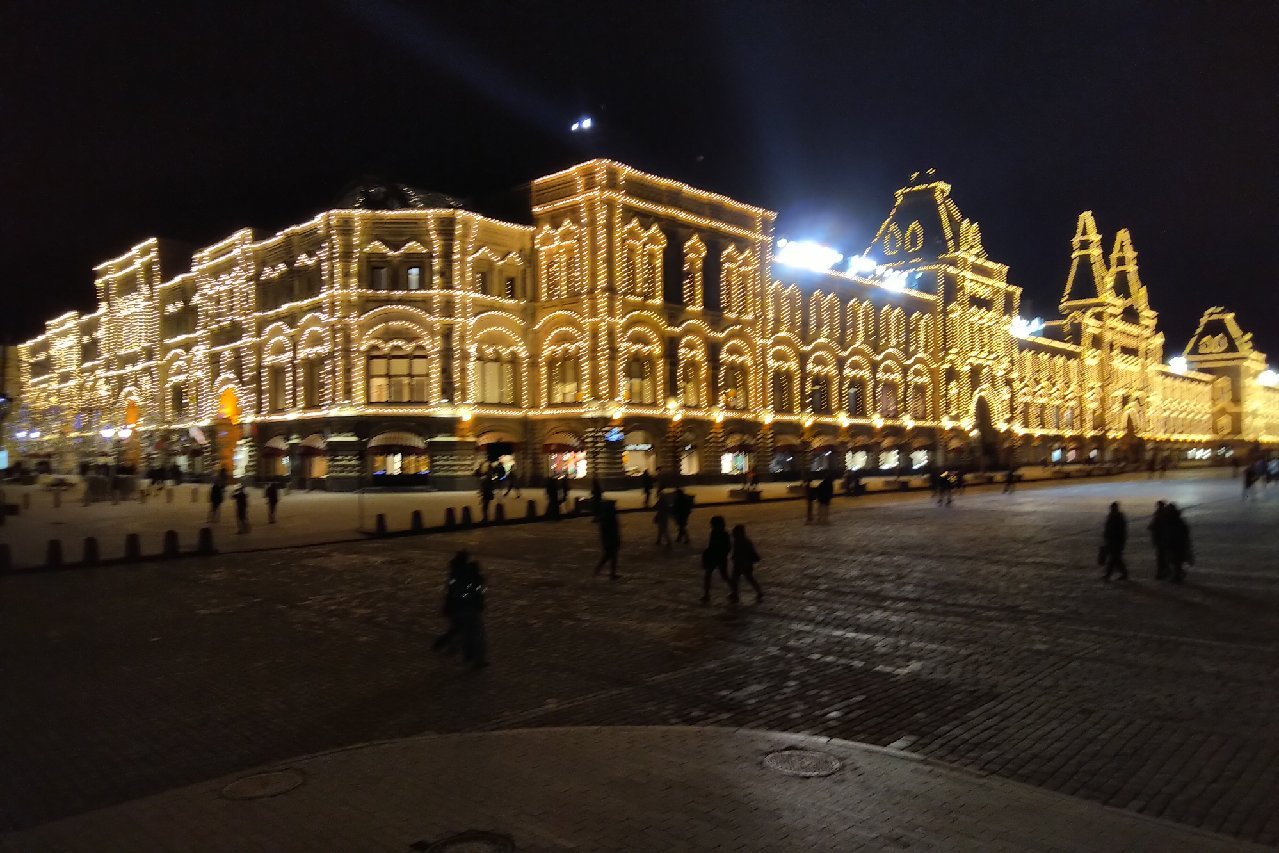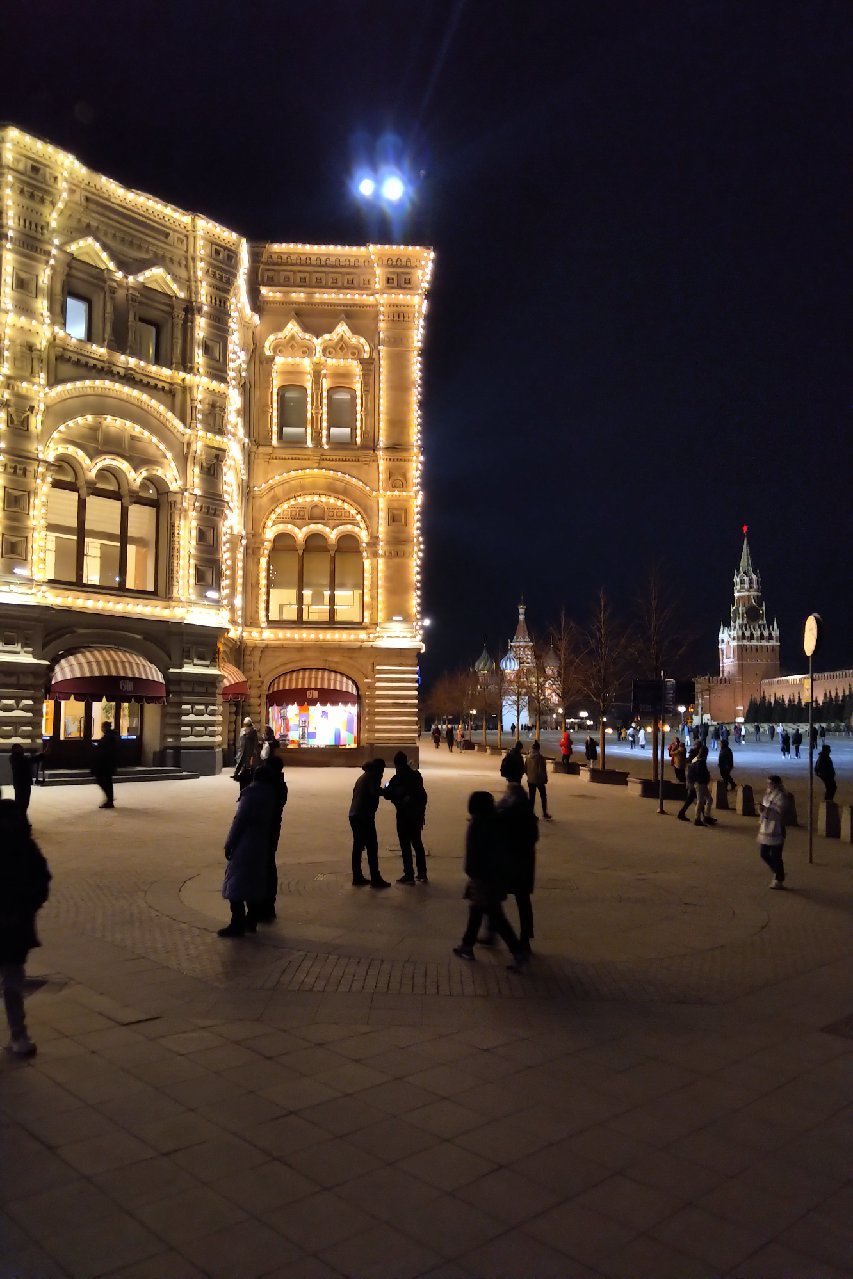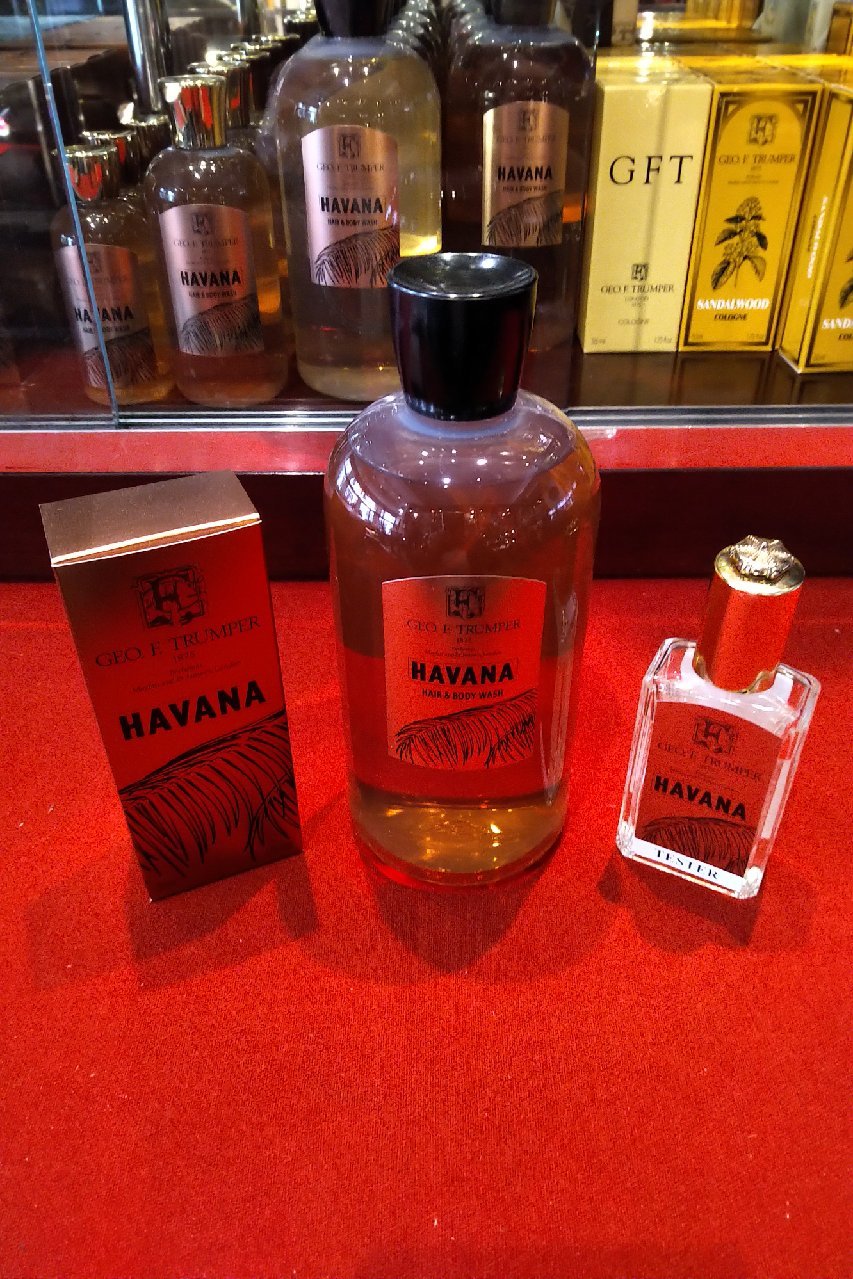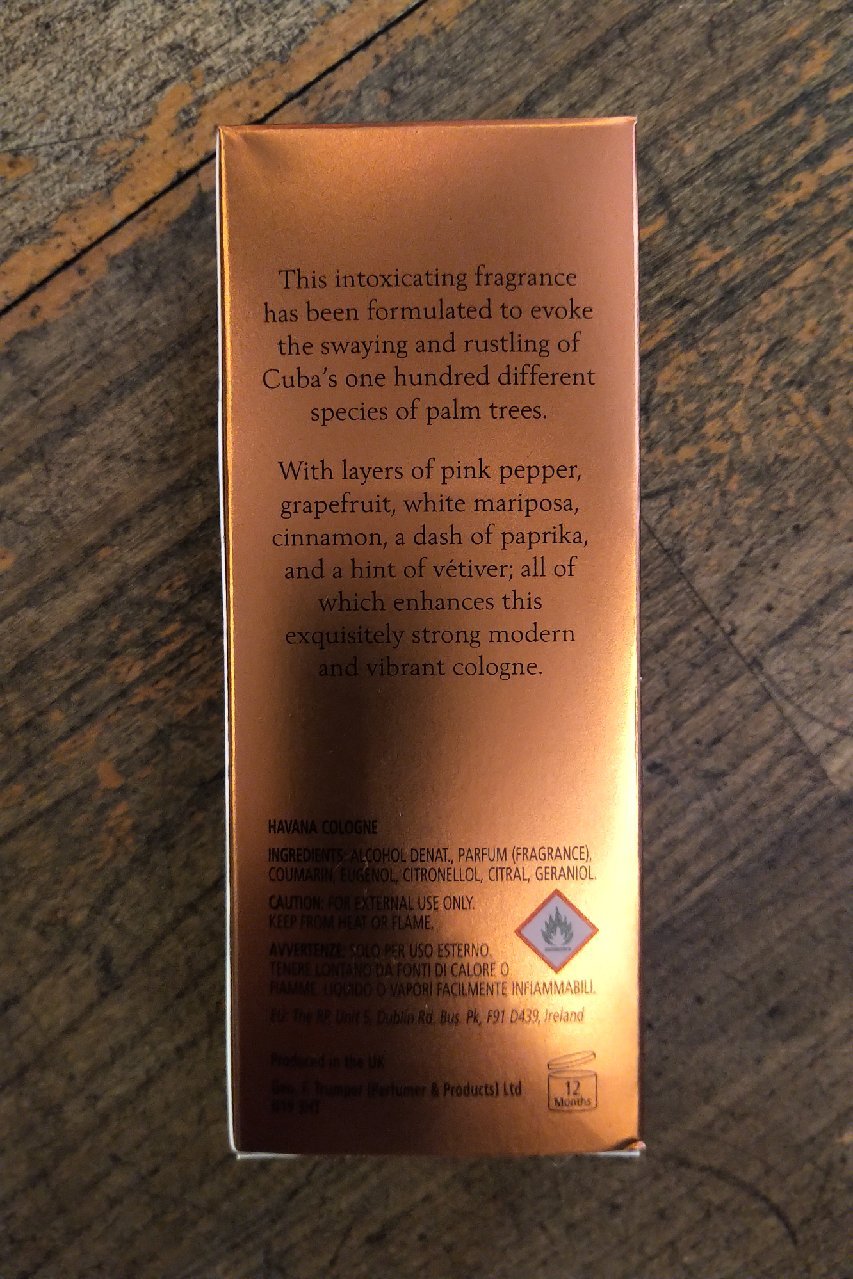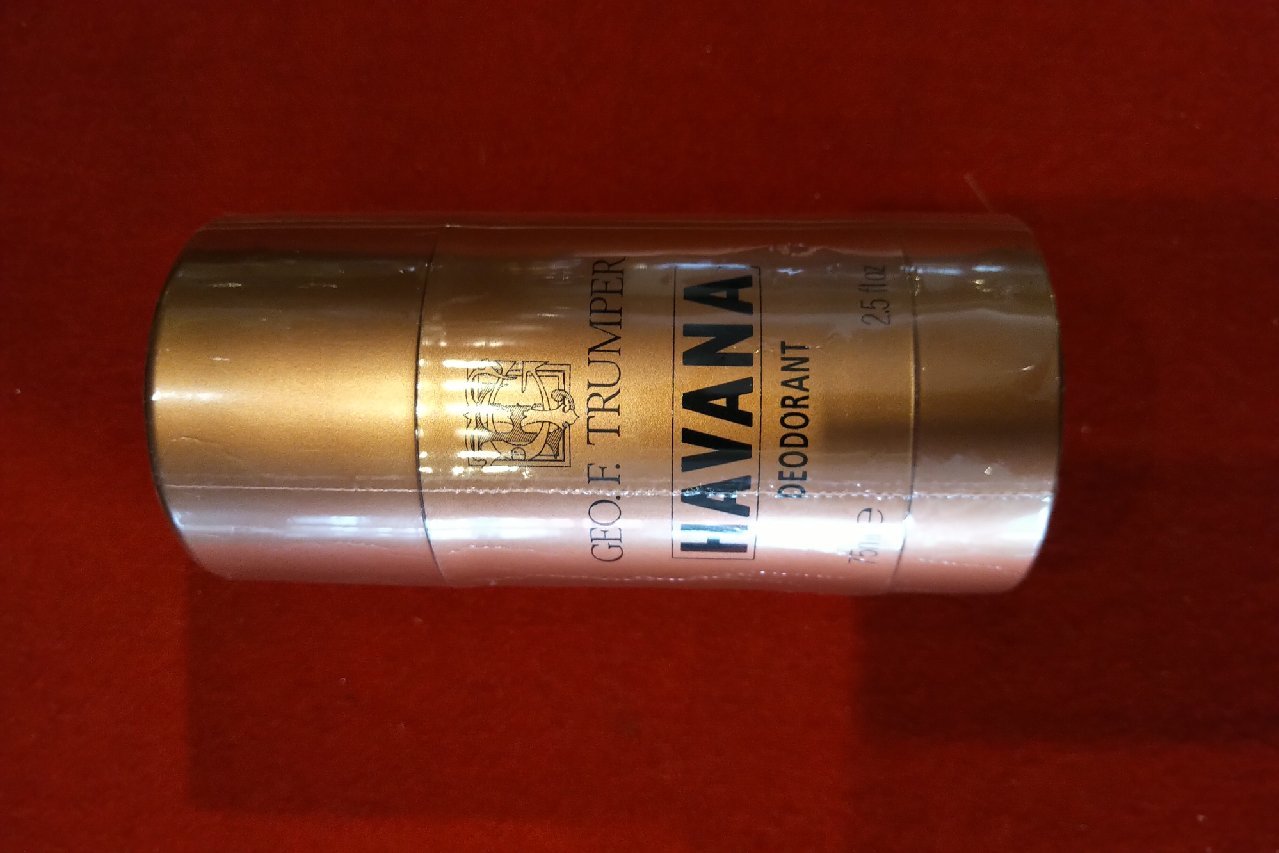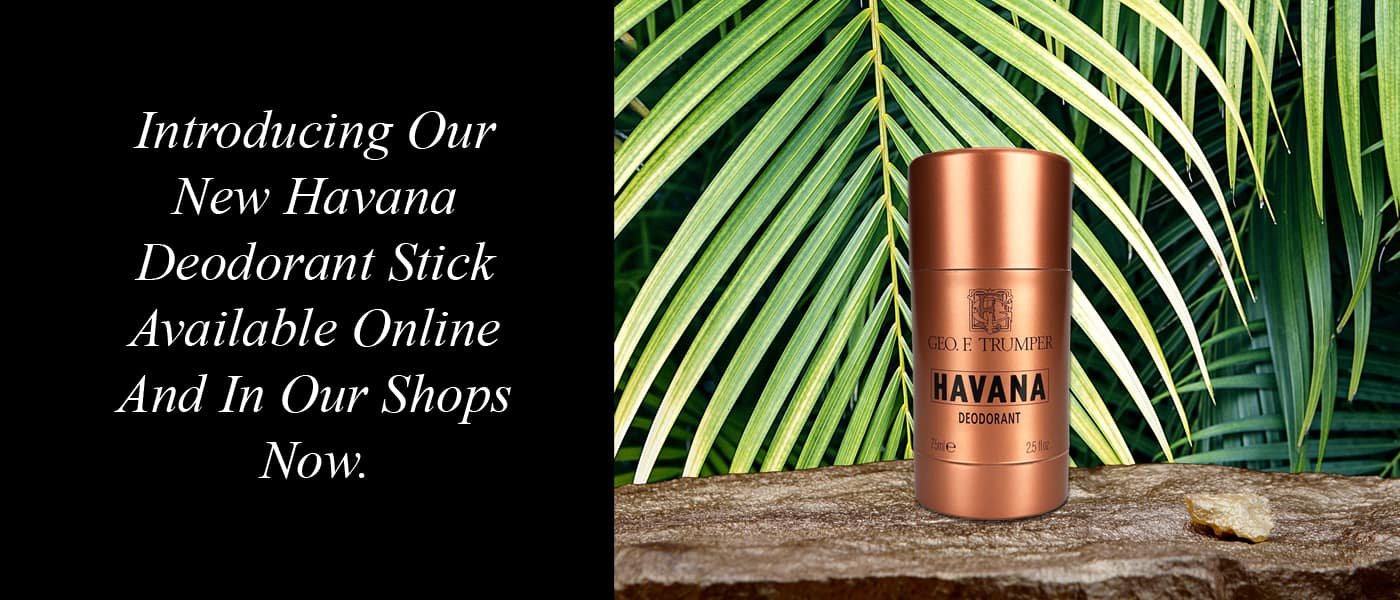In 2015, the Office of Foreign Assets Control (OFAC) of the United States Department of the Treasury authorized Pompano Beach, Florida-based Stonegate Bank to have an account with Republic of Cuba government-operated Banco Internacional de Comercia SA (BICSA), a member of Republic of Cuba government-operated Grupo Nuevo Banca SA, created by Corporate Charter No. 49 on 29 October 1993 and commenced operation on 3 January 1994.
Stonegate Bank provides commercial operating accounts for the Embassy of the Republic of Cuba in Washington, DC and the Permanent Mission of the Republic of Cuba to the United Nations in New York City; the financial institution also handles other types of OFAC-authorized transactions. In September 2017, Stonegate Bank was purchased by Conway, Arkansas-based Home BancShares (2021 assets approximately US$17.7 billion) through its Centennial Bank subsidiary.
Despite intense advocacy, the Obama-Biden Administration (2009-2017) National Security Council (NSC) inexplicably and stubbornly to permit BICSA a correspondent account with Stonegate Bank, so Stonegate Bank was required to use third country financial institutions. Transactions for approximately eighty (80) customers were managed on a regular basis through Panama City, Panama-based Multibank, which had dealing with Republic of Cuba government-operated financial institutions in the Republic of Cuba.
Absent bilateral direct correspondent banking accounts, the payment process for funds from the United States to the Republic of Cuba and from the Republic of Cuba to the United States remains triangular rather than a straight line- which would be more efficient, more secure, more transparent, more timely (same day versus two or more days), and less costly.
NOTE: Since the first exports of agricultural commodities from the United States to the Republic of Cuba in December 2001, more than US$6,622,784,996.00 has been received as payment from the Republic of Cuba- every penny through a third country where a financial institution takes a fee.
Grupo Aval Of Colombia Purchase Of Multibank
On May 11, 2020 Grupo Aval informed that its subsidiary Banco de Bogotá (through its subsidiary Leasing Bogotá S.A. Panamá) has agreed to amend the purchase agreement for up to 100% of the outstanding common shares (the “SPA”) of Multi Financial Group, Inc. (“MFG”), parent company of Panamanian bank Multibank. From Grupo Aval On 16 June 2020: “On May 25th, Banco de Bogotá, through its subsidiary Leasing Bogotá S.A. Panamá, acquired 96.6% of the ordinary shares of Multi Financial Group. As part of the acquisition process, MFG’s operation in Cuba was closed and as part of the transaction. Grupo Aval complies with OFAC regulations and doesn't have transactional relationships with Cuba.”
“Grupo Aval Acciones y Valores S.A. (“Grupo Aval”) is an issuer of securities in Colombia and in the United States. As such, it is subject to compliance with securities regulation in Colombia and applicable U.S. securities regulation. Grupo Aval is also subject to the inspection and supervision of the Superintendency of Financeas holding company of the Aval financial conglomerate.
The OFAC should rephrase existing regulations to make easier, more transparent, and less costly for entrepreneurs in the Republic of Cuba to engage with their counterparts in the United States and for entrepreneurs in the United States to engage with their counterparts in the Republic of Cuba. Only an individual absent private sector commercial experience would believe strangling the movement of capital benefits the United States in its re-engagement with the re-emerging private sector (self-employed) the Republic of Cuba.
If the Biden-Harris Administration wants to increase the demand from entrepreneurs in the United States to re-engage with entrepreneurs in the Republic of Cuba, and simultaneously frustrate the Miguel Diaz-Canel Administration (2018- ) in the city of Havana, then increase, overwhelm the supply of the means of production. This begins with the efficient and transparent movement of capital.
Does This Make Sense? Initially, It Does- But Then Falls Apart
Today, an individual subject to United States jurisdiction 1) may travel to the Republic of Cuba 2) use credit cards and debit cards in the Republic of Cuba 3) open a bank account in the Republic of Cuba 4) use a bank, credit union, or money services business to process remittances to or from the Republic of Cuba 5) utilize online payment platforms to facilitate or process authorized transactions involving the Republic of Cuba and 6) send remittances (gifts not loans or investments) to certain individuals and independent non-governmental organizations in Cuba that encourage the development and operation of private businesses by self-employed individuals.
Today, a company subject to United States jurisdiction 1) may process credit and debit card transactions for individuals traveling to, from, or within the Republic of Cuba, and related settlements, for third-country financial institutions 2) financial institutions may have a correspondent account at a financial institution in the Republic of Cuba 3) financial institutions in the Republic of Cuba may not have a correspondent account with a United States financial institution 4) banking institutions are not permitted to process “U-turn” transactions, i.e., funds transfers originating and terminating outside the United States, where neither the originator nor the beneficiary is a person subject to United States jurisdiction 5) may export medical equipment, medical instruments, medical supplies, pharmaceuticals, informational materials, artwork, agricultural commodities and food products 6) may import agricultural commodities, artwork, informational materials, and products produced by registered self-employed and 7) may import medications for clinical trials and create joint ventures to market the medications.
Here is the rub: Mr. Smith from Washington DC may have an account at a bank in Havana, but Mr. Smith may not directly transfer any money from his checking account in Washington DC to his account at the bank in Havana. He may transfer the funds from Washington to Paris and then from Paris to Havana. If Mr. Smith wants to have an investment in an independent business in Havana, wants to receive payment for a product or service sold to an independent business, wants to send additional funds, or receive a profit-sharing payment from an independent business, United States regulations do not permit him to do so.
Today, when receiving payment from the Republic of Cuba or sending payment to the Republic of Cuba there is no straight-line transaction. It is a triangle. And often not an equilateral triangle or isosceles triangle. Distance can create an acute triangle or obtuse triangle. In banking, triangles are harmful, not helpful.
A financial institution in a third country is always involved- and it receives a fee for that involvement. Is the triangle necessary? No. Does the triangle provide the United States government with increased opportunities to monitor the transactions? No. Does the triangle increase the cost for an individual subject to United States jurisdiction and company subject to United States jurisdiction? Yes. Does the triangle increase the cost to a Republic of Cuba national and Republic of Cuba-based company? Yes.
Inflicting as much pain as possible upon those engaging in a transaction involving the United States was never logical as it served as a perpetual boomerang of pain for those involved in statutorily protected export transactions. The message to agricultural interests in the United States- you may legally export your products to the Republic of Cuba, but by the time you are done, you wish you hadn’t done so. That is an inspirational message from the taxpayer-funded United States Department of State, United States Department of the Treasury, United States Department of Agriculture, and United States Department of Commerce? Reminds of… “We’re from the government and here to help…”
United States policy is not solely focused upon increasing the financial costs associated with engagement with the Republic of Cuba. The focus is also upon increasing inefficiencies for each transaction. The goal is to assault individuals and companies with an upper cut (increased costs) and a body blow (inefficiencies) and a left jab (multiple compliance layers for each transaction). Most companies do not wait for a TKO or KO, they throw in the towel.
When a United States-based financial institution employee reads “Cuba” on any document (outgoing or incoming), there is a nearing 100% certainty the transaction will be subjected to additional compliance review and then returned to the customer- even if the transaction is specifically authorized. If the transaction makes it past an employee, computer systems will most certainly flag it and terminate it. Financial institutions in the United States are warry of all Republic of Cuba-related transactions. For the farmer awaiting payment for a shipment of poultry, soybeans, corn, wood, and other products, the delay is unhelpful to their already challenging bottom-line.
One-Way Correspondent Banking Does Not Work
Sending investment funding and providing loans to someone who wants to have or wants to expand a small business can be transformative. Is not the goal of the Biden Administration to extract as many Republic of nationals as possible from commercial and economic reliance upon the government of the Republic of Cuba?
Would not be impactful for registered self-employed and Micro, Small and Medium-Size Enterprises (MSMEs) to open hundreds, thousands of accounts at financial institutions in the Republic of Cuba? Where they could receive funds transparently and directly from their investor or customer within hours. Where they could deliver profit-sharing funds and supplier payments transparently and directly within hours. Each transaction transparent and compliant with United States financial institution regulations. Yes, the transaction activity could overwhelm the financial sector within the Republic of Cuba- but, would that be such an undesired outcome? The financial sector would be required to meet the demand or explain to customers the reasons for the failure to adapt to the marketplace.
The Republic of Cuba may not embrace direct correspondent banking due to the requirements of the United States Department of the Treasury, United States Department of Justice, and United States Federal Reserve for all correspondent accounts regardless of country. Again, there is a point here- let it be the Republic of Cuba who declines to re-establish a “normalized” financial landscape with the United States.
Regarding the re-authorization of “U-turns” where financial institutions were permitted to process non-United States-related transactions involving the Republic of Cuba, the prism through which a decision to again permit “U-turns” should not be solely whether permitting “U-turns” benefits the Republic of Cuba. It does. More important is the transparency required for “U-turns” which remains an important goal of the United States. Also, not permitting “U-turns” is an additional reason for financial institutions to avoid all Republic of Cuba-related authorized transactions.
If the Biden-Harris Administration wants “prosperity in Cuba” then it should re-calibrate the means to that end. Doing so will demonstrate removing impediments for re-engagement with the self-employed in the Republic of Cuba is the most efficient means of creating indigestion for the government of the Republic of Cuba.
No one in the United States must engage commercially with the Republic of Cuba. The Biden-Harris Administration must seed the garden. Those seeds must be focused upon making easier and more transparent the movement of funds and the use of those funds. And commercial engagement with the Republic of Cuba should not have a unique “carve-out” for individuals of Cuban descent who are subject to United States jurisdiction. The Biden-Harris Administration should ensure that all individuals subject to United States jurisdiction are subject to the same regulations as those regulations relate to commercial engagement with the Republic of Cuba.
Link To Related Post
Remittances: Will Biden-Harris Administration Repeat Mistakes Of Obama-Biden Administration And Learn From Mistakes Of Trump-Pence Administration? No Triangles. Yes Loans. Yes Investments. May 18, 2021
Rest of World
New York, New York
4 April 2022
How Airbnb reshaped Cuba’s tourism economy in its own image
The booking platform was a game changer on the island, but the embargo still fosters some tension between Cubans and the U.S. company.
By Leo Schwartz and Lidia Hernández-Tapia
Lorelis García de la Torre hails from the Cuban city of Camagüey but has always loved the stately old colonial homes of Havana, many crumbling and long past their glory days. She left Cuba in 2006, first for Spain and then Canada. Shortly after, the country’s tourism industry heated up, with aspiring entrepreneurs buying up properties to turn into casas particulares, private homes available for rent. In 2014, she made an offer on a two-story house in the neighborhood of Vedado.
Three years later, she opened the newly renovated house for business, naming it Casa Brava. But instead of renting it out through word-of-mouth or booking agencies, as Cubans had done for years, she first listed it on Airbnb. “It was the only way I knew of where Cubans had access and could receive payments,” she said.
But Airbnb didn’t just offer Cubans like García de la Torre a means of renting their properties to tourists in a simple and centralized way. According to interviews with hosts, guides, service workers, and hotel industry professionals, Airbnb fundamentally changed the way that tourism operates on the island, replacing the country’s decades-old casa particular system and transforming entire neighborhoods to serve the needs of new clients with different expectations. Airbnb declined to be interviewed for this article.



